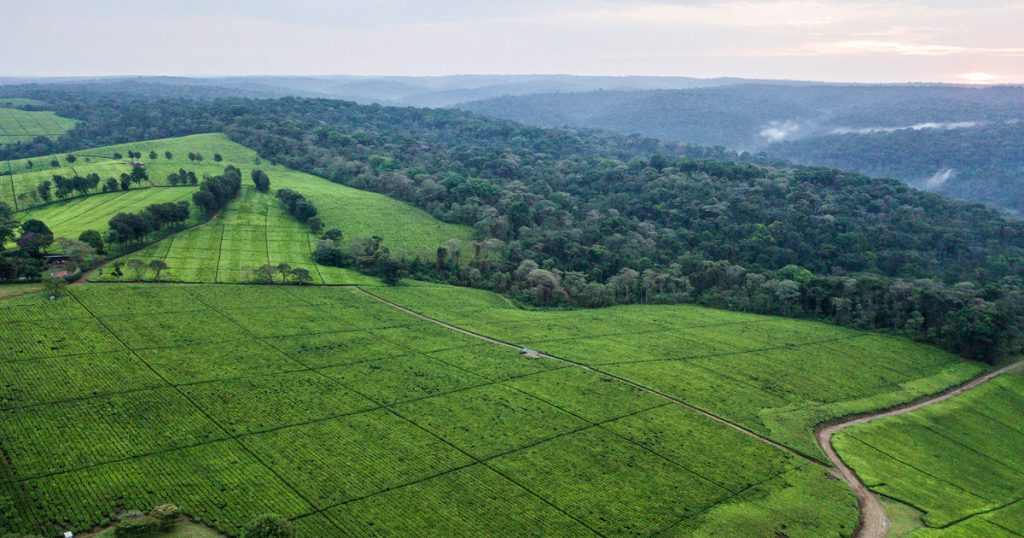
In a recent series of conversations with CGIAR Knowledge Management teams, Valentina De Col and Asma Jeitani from the International Center for Agricultural Research in the Dry Areas (ICARDA) interviewed Sufiet Erlita, the Center for International Forestry Research and World Agroforestry (CIFOR-ICRAF)’s Manager of Information Resources and Services Unit. They discussed CGIAR’s collaboration with the Food and Agriculture Organization (FAO) on AGRIS – a comprehensive bibliographic database focused on agriculture and nutrition and AGROVOC – a multilingual thesaurus covering a wide range of agricultural terms.
Q: CIFOR-ICRAF has already shared many of its knowledge products with AGRIS and plans to expand this effort. What value do you see in being part of AGRIS?
Sufiet: Participating in AGRIS offers numerous benefits to CIFOR-ICRAF. It significantly boosts the visibility and accessibility of our knowledge products worldwide. AGRIS, a well-established bibliographic database, ensures our knowledge reaches a diverse community of researchers, policymakers, and practitioners. This extended reach promotes the dissemination of our findings and fosters collaboration with international partners. Furthermore, AGRIS provides a structured platform where we can showcase our contributions to agricultural research, increasing the chances of citations, recognition and the overall impact of our work.
Q: Why is it important for CGIAR to share its research outputs with a global audience through AGRIS?
Sufiet: Sharing our research through AGRIS is crucial for CGIAR. At CIFOR-ICRAF, our mission is to address global agricultural challenges with innovative and sustainable solutions. AGRIS amplifies this effort by allowing our work to reach a global audience. By expanding access to our work, we ensure that valuable knowledge reaches stakeholders who can apply it to improve agriculture and food security.
Q: What types of knowledge does CIFOR-ICRAF produce and what are the research areas covered?
Sufiet: CIFOR-ICRAF’s collection in CGSpace offers diverse knowledge content. Our repository includes peer-reviewed research articles, technical reports, policy briefs, datasets, books and project summaries. Our research spans critical areas: agroforestry systems, forest landscape restoration, sustainable land management, climate change mitigation and adaptation, forest governance and policy, biodiversity conservation and socio-ecological systems. The CIFOR-ICRAF merger has strengthened our knowledge base , making our resources more valuable for advancing scientific understanding and fostering collaboration among researchers, practitioners, and policymakers.
Q: How important is access to a comprehensive bibliographic database like AGRIS for agricultural research institutions, such as CGIAR?
Sufiet: Access to AGRIS is indispensable for agricultural research institutions like CGIAR. It centralizes resources for agricultural research literature and data, helping to identify research gaps, track field developments and build upon existing work. The database is also a vital tool for literature reviews, knowledge synthesis and planning future research— enhancing collaborative opportunities and driving innovative agricultural solutions.
Q: CGIAR contributes to and uses AGROVOC as a common vocabulary. How does this help improve the findability and interoperability of your data?
Sufiet: Working with AGROVOC significantly improves the findability and interoperability of CIFOR-ICRAF’s data. AGROVOC’s structured vocabulary offers a standardized framework for indexing and categorizing agricultural information, ensuring consistent and high-quality data retrieval across different systems. By using AGROVOC, we align our knowledge products with international standards, making it easier to discover and understand by the global research community.
Learn more:













